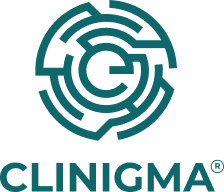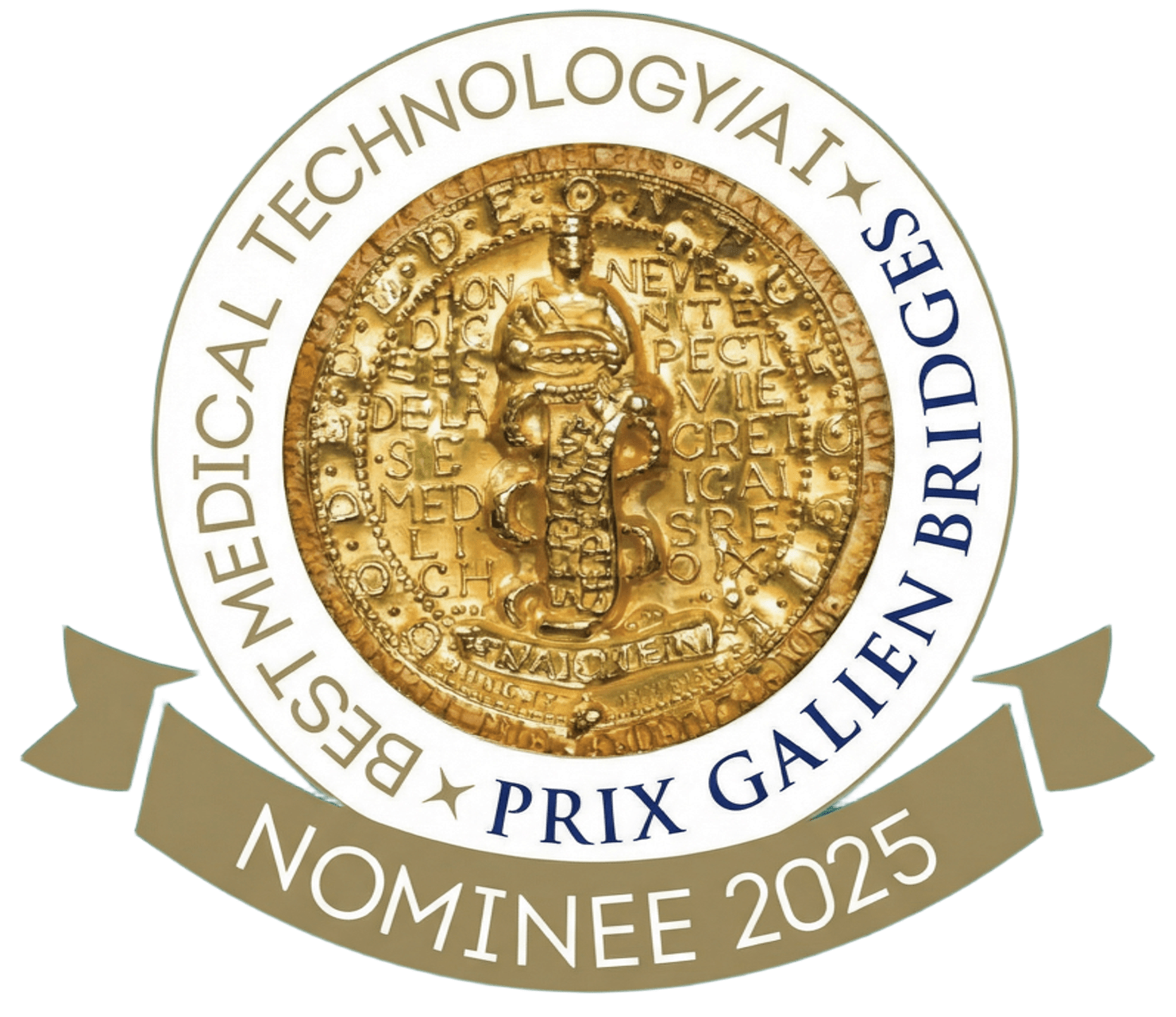Patient Insights
in Clinical Trials
Build your patient insights strategy with precision. Whether you need concept elicitation, cognitive debriefs, or end-of-trial interviews.
CLINIGMA® help you design the right patient research approach for each stage of development—ensuring you capture the insights that support both regulatory submissions and commercial positioning.
Strategic in-trial patient interviews
We provide expert guidance on sampling, timing, and interview topics to optimize the design and conduct of qualitative research to meet your objectives and FDA PFDD requirements. We ensure clinical research addresses outcomes that truly matter to patients through strategic in-trial patient interviews.
The value of patient insights
Listen to our Chief Scientific Officer, Anna Ryden (PhD), explain the value of patient interviews for drug development.


Listening to patients in early drug development
When pharmaceutical companies partner with patients from the earliest stages, they gain critical intelligence about disease burden, treatment preferences, acceptable trade-offs, and meaningful outcomes that can fundamentally shape development strategies and significantly strengthen regulatory submissions.
At CLINIGMA®, our team of industry experts partner with pharmaceutical companies to produce compelling patient experience data to inform trial design and outcome assessments, regulatory submissions, and labelling claims.
By conducting thoughtful interviews at different stages of development—from initial concept validation to endpoint selection to post-market feedback—companies can navigate the complex drug development landscape with confidence, knowing their innovations are guided by those who understand the condition and treatments most intimately: patients.
We help you design your interview study to deliver timely patient insights
Every clinical trial has unique challenges—e.g., a complex study design or disease-specific or therapeutic evidence gaps. We work with you to optimize the timing of patient insights, supported by structured processes outlined in our Interview Manual. Topics typically addressed at particular time points include:
Entry Interviews
Conducted at the beginning of a clinical trial, these interviews gather baseline patient perspectives on the disease burden, current treatment burden, and motivations for study participation. They help researchers understand patient needs and refine trial protocols.
Interim Interviews
Held during the trial, these interviews assess treatment experiences, side effects, and any adherence challenges. They provide real-time insights into patient-reported outcomes, helping to adjust trial methodologies and time-specific treatment experience data, including considerations discussed in Managing the Human Factor: Navigating Challenges in Patient Interviews.
End-of-Trial Interviews
Conducted at the end of the trial, these interviews capture reflections on treatment effectiveness, quality of life and meaningful change, and overall trial experience. They are valuable for regulatory submissions, offering qualitative evidence to support drug approval and health technology assessments, as further explored in Understanding the Value of Patient Interviews in Early Drug Development.
Cognitive Debrief
- Purpose: To evaluate how patients understand, interpret, and respond to assessment materials, ensuring questionnaires and outcome measures capture intended concepts without misinterpretation.
- Value: To identify and eliminate sources of response error that could compromise data quality and validate whether assessment tools accurately reflect the patient experience rather than researcher assumptions.
- Regulatory alignment: Supports FDA/EMA requirements for patient-reported outcome measure validation by providing evidence that instruments are comprehensible, relevant, and meaningful to the target patient population.
Cognitive debriefs: an essential guide
What if patients interpret your questions differently than you intended? Cognitive debriefs uncover interpretation gaps and ensure your COAs work for your target population. Investment in a cognitive debrief study can prevent costly data errors.
Concept Elicitation
- Purpose: To identify patient-reported symptoms, impacts, and treatment effects that matter most to patients, to then inform the development of clinical outcome assessments.
- Value: To help identify clinically meaningful endpoints for trials by understanding which symptoms and quality-of-life aspects matter most to patients.
- Regulatory alignment: Supports FDA/EMA requirements by providing qualitative evidence that treatment benefits align with patient priorities.
Concept elicitation: an essential guide
The investment in high-quality concept elicitation studies can pay dividends throughout the drug development process, from early endpoint selection through regulatory approval and post-market evaluation of therapeutic benefit.

Partner with CLINIGMA® to optimize the value of your patient insights
Click here to find out more or arrange a conversation with one of our scientific experts.


